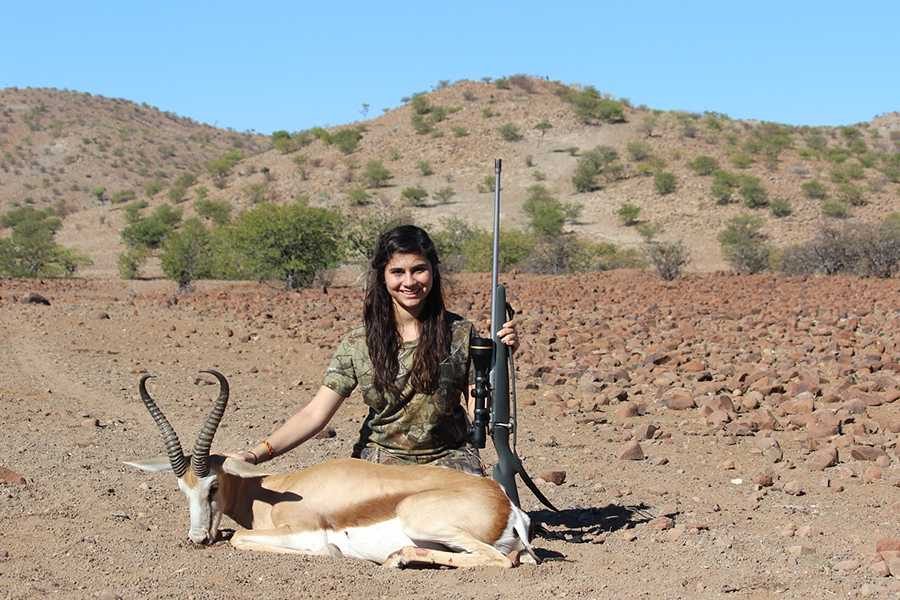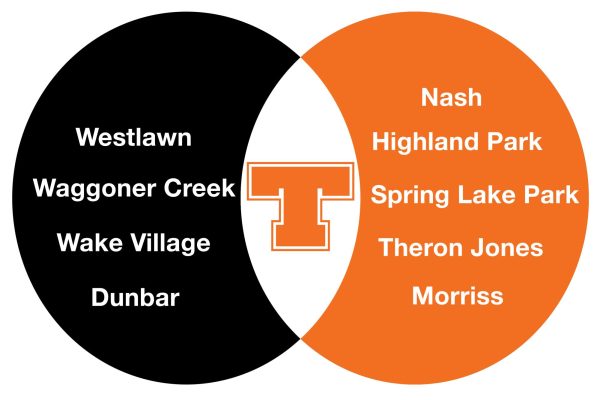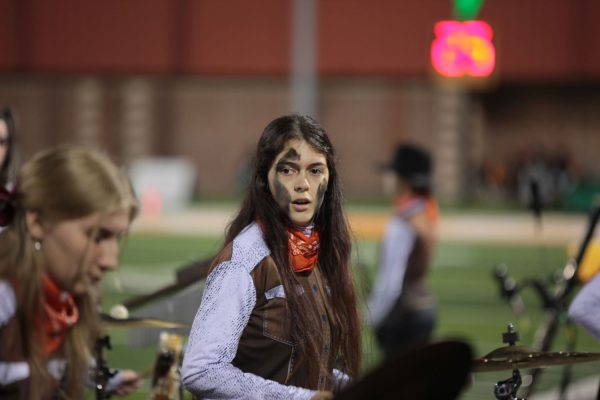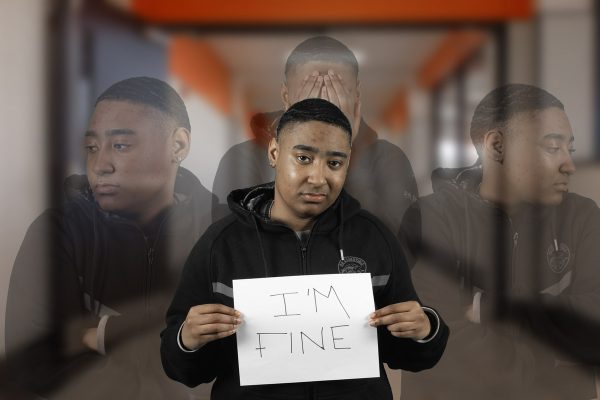Lions and Tigers and Bears
Cecil the Lion shooting causes controversy among students and faculty
Senior Naveen Malik hunts big game in Africa.
On July 1, in Zimbabwe, Dr. Walter Palmer shot Cecil the Lion. According to BBC news, Palmer paid $55,000 to legally hunt lion near Zimbabwe’s Hwange National Park. This money went to paying for a local, professional guide and to paying the landowner where the lion was killed. The lion was allegedly lured away from the reserve to an ambush location. Since the hunt, Palmer has come under fire for killing the heavily-studied lion and then attempting to destroy the collar tracking the animal. Opinions on the issue have varied greatly, but some Texas High tiger offer a unique opinions.
Freshman biology teacher Lauren Pilgreen is a big game hunter herself, and has travelled before to South Africa to hunt kudu, besbok and impala. Part of her feelings include frustration over the numerous social justice warriors clamoring for Palmer’s head.
“I think it will be up to the Zimbabwe court system to find out if the hunt was or was not conducted illegally,” Pilgreen said. “I do not personally know the big game laws for Zimbabwe nor do I think most Americans, especially the non-hunters who are freaking out about this, do.”
As far as Palmer is concerned, the issue is ongoing. Only the Zimbabwean and American officials can determine the true outcome of this case. The decision is not really in the hands of the general public.
“If the hunt was done illegally then all responsible parties should face the penalty associated with the laws set forth by that country,” Pilgreen said. “Either way it is not up to the public.”
Pilgreen also defends the sport of big game hunting. She mentions the effect it has on conservation, as well as the negative reputation it has.
“I think the public’s view of big game hunting was misguided before this story,” Pilgreen said. “The public typically only sees the ‘trophy’ side of big game hunting and doesn’t concern itself with the conservation portion. Most hunters pride themselves on providing money that helps maintain the habitat of the animals they seek.”
Now that Palmer’s case has brought the topic of big game hunting to public discussion, Pilgreen plans on teaching people about her original perspective. Regardless of how the case turns out, Pilgreen’s thought on the issue will remain the same.
“My view of big game hunting has not changed,” Pilgreen said. “I make it a personal mission to inform or help inform people on the real role hunters play in animal management and the beneficial economic impact hunters have on an area.”
Among the faction vehemently opposed to Palmer’s actions is senior Naython Dunn. As a practicing vegetarian and animal activist, Dunn believes humans should strive to live in harmony with animals.
“Walter James Palmer’s actions show that there are people who don’t value the idea of life,” Dunn said. “Taking a life is the same no matter what the victim is. If you think about it, the only difference between an animal and a human is self expression, I think.”
While the specific case of Walter Palmer is fairly new, Dunn’s beliefs are not. He has been a vegetarian for many years. His desires to do so stemmed out of his deep respect and love for nature.
“I became a vegetarian mainly because I think we should respect our surroundings,” Dunn said. “Everything and everyone should be able to live in harmony.”
On the specific topic of big game hunting, or even hunting in general, Dunn’s opinions are unwavering. He believes the sport is unnecessary and even inhumane.
“I’ve never hunted before,” Dunn said. “I never plan on it either. I don’t see the harmony in killing another life form for food. I’m a firm believer in the idea of co-existence.”
Among the good to come out of Cecil’s death is the increased awareness of big game hunting. Dunn is glad for the opportunity to advocate for the rights of game animals.
“The effect [Palmer’s case] has had on hunting of any kind is promoting its gruesome reality,” Dunn said. “It has really put into perspective that not everyone is as sensitive to the subject.”

Leah made a 5 on the physics AP test, but couldn't figure out how to open the door to Jessica Emerson's car even though it was unlocked. One time, she...








